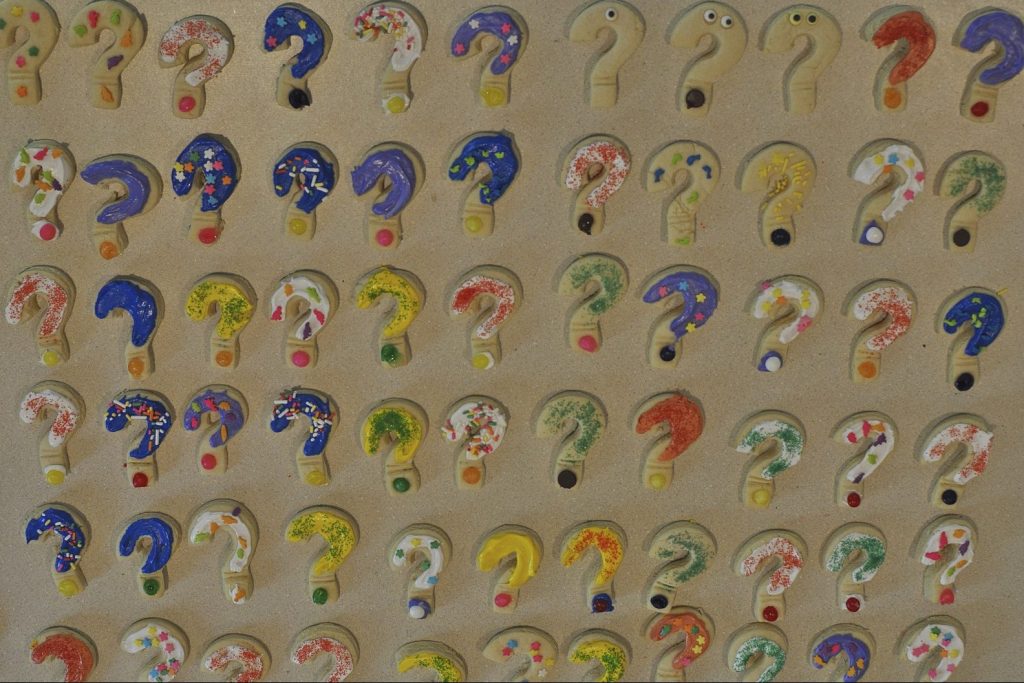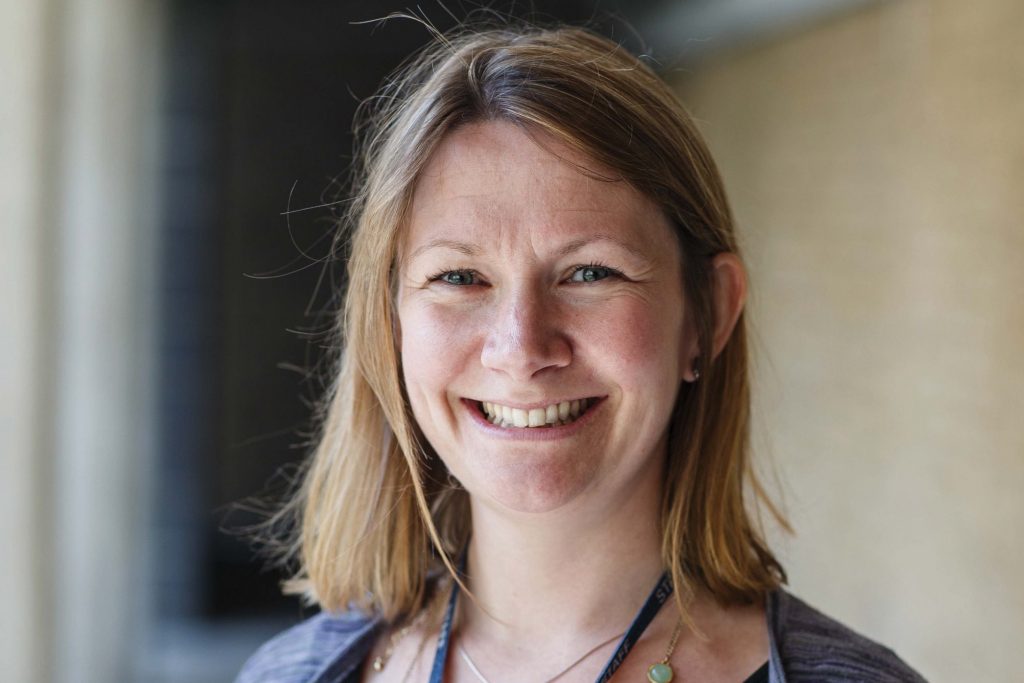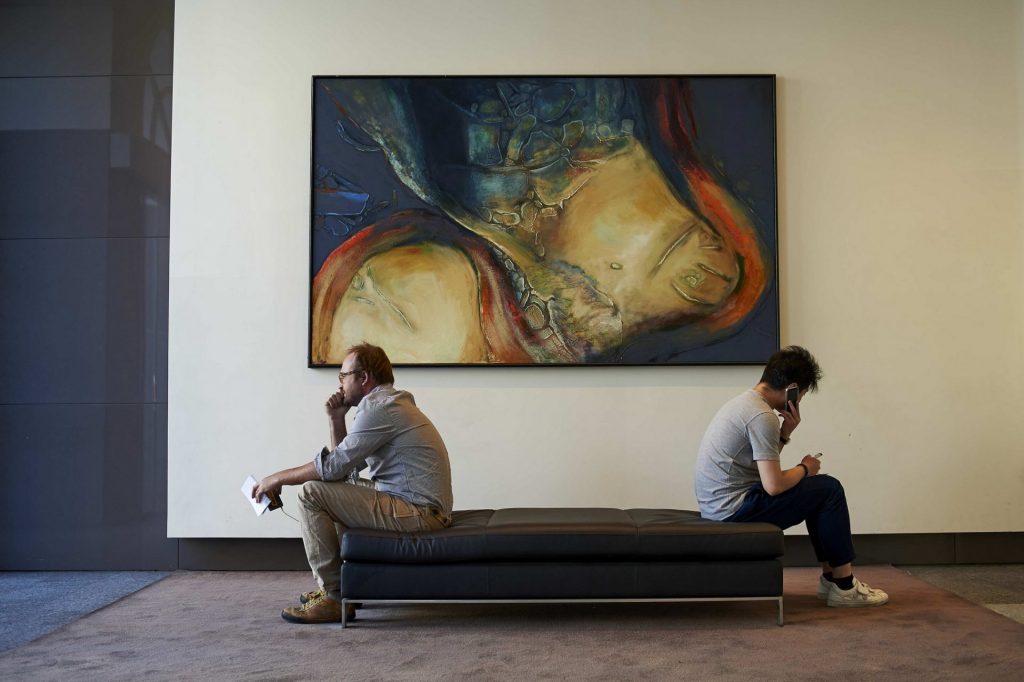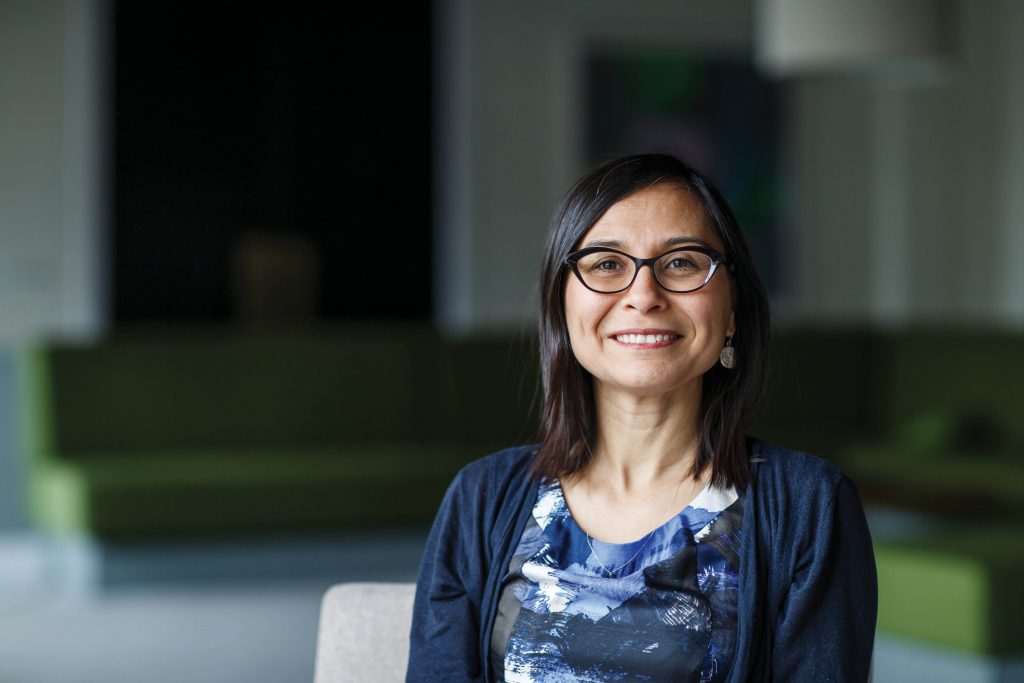Professor Ayse Uskul and Dr Mehmet Elgin have been awarded a £99,000 Newton International Fellowship by the British Academy. This fellowship was established to support … Read more
Category: Research
People with ASD risk being manipulated because they can’t tell when they’re being lied to
New research from Professor David Williams and colleagues indicates that the ability to detect lies is diminished in people with autism spectrum disorder (ASD) – putting them … Read more
Dr Markus Bindemann secures Newton Visiting Scholarship
Dr Markus Bindemann has secured a prestigious BA Newton Visiting Fellowship worth £25,827 for the School of Psychology. Professor Andrea Hildebrandt of the Ernst-Moritz-Arndt-Universität Greifswald in Germany … Read more
Social values of honour and masculinity fuel contact with mafia-type groups
New research by Kent Psychologist Dr Giovanni Travaglino and Dr Libby Drury, of Birkbeck, University of London, has indicated that masculine honour-related values among young Italian men strongly … Read more
Psychologist helps debunk theory of why our brains can predict the next word
When people read or listen to a conversation, their brains sometimes pro-actively predict which words come next. Research carried out in 2005 suggested that these … Read more
Dr Heather Ferguson awarded Leverhulme Trust grant
Dr Heather Ferguson has been awarded a three-year Leverhulme Trust Research Grant for a project entitled “Learning from Fiction: A Philosophical and Psychological Study”. The … Read more
‘Phubbing’ can threaten our basic human needs
Ignoring someone you’re with in a social setting to concentrate on your mobile phone – called ‘phubbing’ – can have a negative effect on relationships … Read more
Negative childhood experiences can lead people to believe in conspiracy theories
Belief in conspiracy theories stems – in part – from negative early childhood experiences with caregivers, new research has shown. In two studies, Ricky Green … Read more
Psychologist helps develop language development tool for bilingual children
A Kent Psychologist has played an important role in a research breakthrough in the assessment of language development for bilingual two-year-olds. In a study, led … Read more
Professor Ayse Uskul wins top University research prize
Congratulations to Ayse Uskul, who has been awarded the University Prize for Consolidator Research. The award is given ‘in recognition of outstanding achievements in the … Read more










